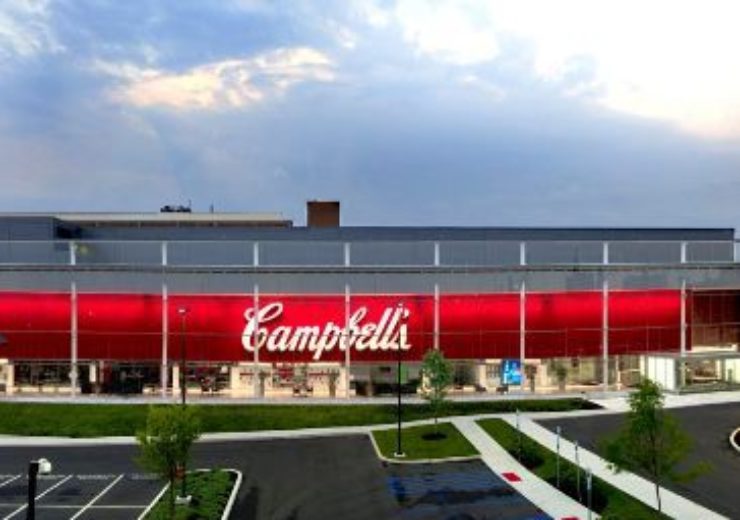The new goals will help Campbell to better handle all phases of the packaging lifecycle ranging from sourcing to end-of-life

Campbell Soup has announced new sustainable packaging goals. (Credit: CSC BRANDS, L.P.)
US-based processed food and snack company Campbell Soup has unveiled four new packaging sustainability goals to minimise packaging waste by enhancing circularity.
The company has framed four new goals to better deal with all phases of the packaging lifecycle ranging from sourcing to end-of-life. The phases also include recycling and composting.
Campbell intends to minimise packaging waste via investments in recyclability and use of recycled content, as well as consumer education and infrastructure.
The company’s goals include the transition of 100% of packaging to recyclable or industrially compostable designs and materials by 2030.
Campbell is also planning to enhance the use of post-consumer recycled content and integrate 25% post-consumer recycled content into polyethylene terephthalate (PET) bottles by 2030
The company also aims to increase recycling rates via standardised on-pack labeling by adding the How2Recycle label on 100% of packaging by 2022.
Campbell plans to accelerate the development of infrastructure to enhance the collection and recycling of packaging
Campbell is also planning to expand access to recycling and accelerate the development of infrastructure to enhance the collection and recycling of packaging by building and investing in partnerships with peers and industry groups.
In 2019, Campbell’s has replaced shrink sleeve labels with wrap labels for V8 V-Fusion and V8 Blends multi-serve bottles for easy sorting and recycling during municipal recycling processes.
During the same year, the company also redesigned Kettle Brand chip bags, which helped to reduce the use of 43% plastic and minimise the amount of plastic enter into the landfill by two million pounds per annum.
Campbell has already implemented How2Recycle instructions on multiple labels, as well as intends to launch on additional packaging until 100% of packaging includes recycling instructions by 2022.
Campbell is also planning to expand access to recycling and accelerate the development of infrastructure to enhance the collection and recycling of packaging by building and investing in partnerships with peers and industry groups.
Campbell’s global research and development executive vice president Craig Slavtcheff said: “Our new packaging commitments provide a roadmap to further reduce the environmental impact of our packaging over time and build upon our history of sustainability.”
In March 2016, Campbell Soup announced its plans to eliminate the use of Bisphenol A (BPA) linings from foods and beverages can packaging.
